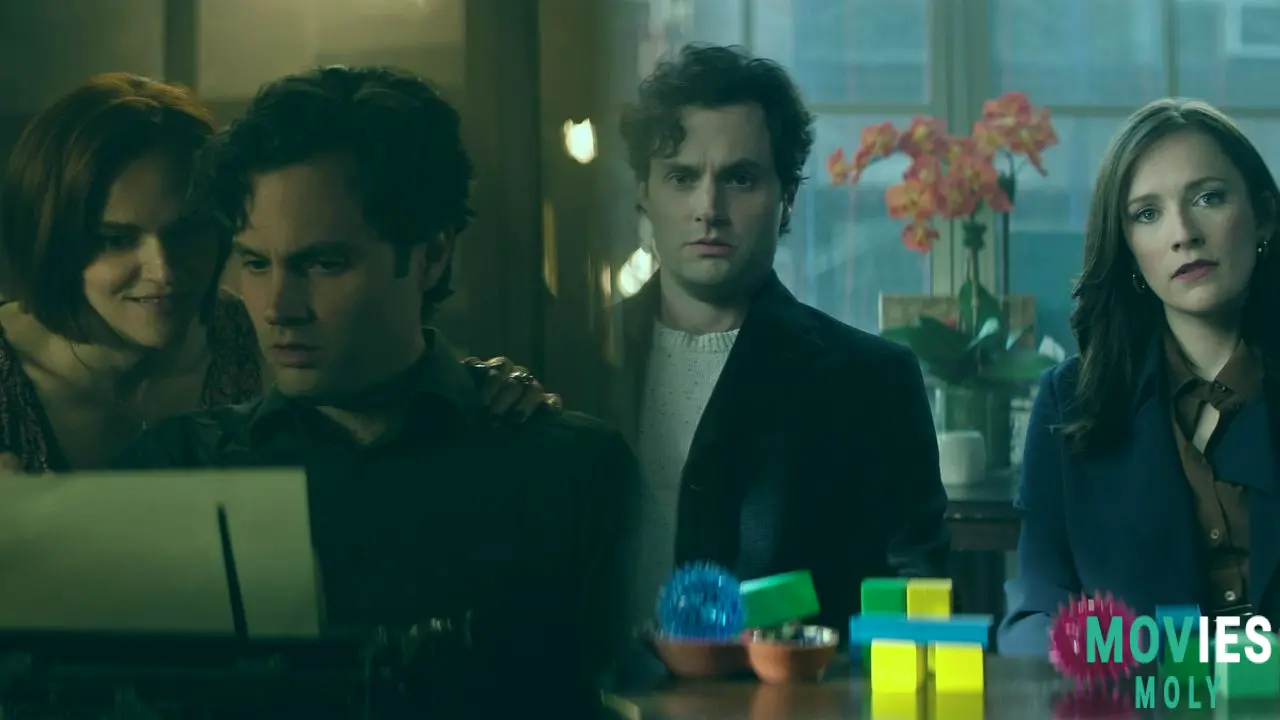Warning: This article contains spoilers for You Season 5 on Netflix.
After five twisted, genre-bending seasons, You finally closes the cage door on Joe Goldberg’s (Penn Badgley) blood-soaked love story. While the final season of the Netflix hit manages to deliver a payload of fan-service cameos, recursive plot loops, and one last descent into literary second-person madness, it does so with a tone that oscillates between self-aware satire and sermonizing slog. Still, beneath the uneven execution lies a provocative — if not always gracefully handled — reflection on obsession, misogyny, and the cultural complicity that turned a serial killer into a perverse fan favorite.
Season 5 returns to familiar ground with unexpected meta-awarenessThe setup is classic You: Joe is no longer hiding behind fake identities. Now a bona fide celebrity married to Kate Lockwood (Charlotte Ritchie), a billionaire with her own shadowy past, Joe lives in New York—back where it all began. Gone is the tired cycle of stalking-into-murder. Instead, we see Joe attempting (or pretending) to reform. The twist? He doesn’t have to hide his dark urges around Kate. In fact, she seems almost complicit in masking her own sins through his. It's a clever inversion of the show's original formula, one that briefly reignites the sharp social satire on elite image management that made early seasons sing.
Enter Brontë (Madeline Brewer), a playwright with a mean streak and a familiarity with You’s tropes. She lures Joe into her trap—not just literary, but emotional. Aimed to be the audience’s surrogate, Brontë knows who Joe is, yet she flirts with the dangerous illusion that he can be different. It's a gambit that the series uses to mirror its own fandom's paradoxical relationship with Joe: aware of his monstrosity, yet somehow enchanted by his charm.
The show leans into satire but struggles to stick the landing
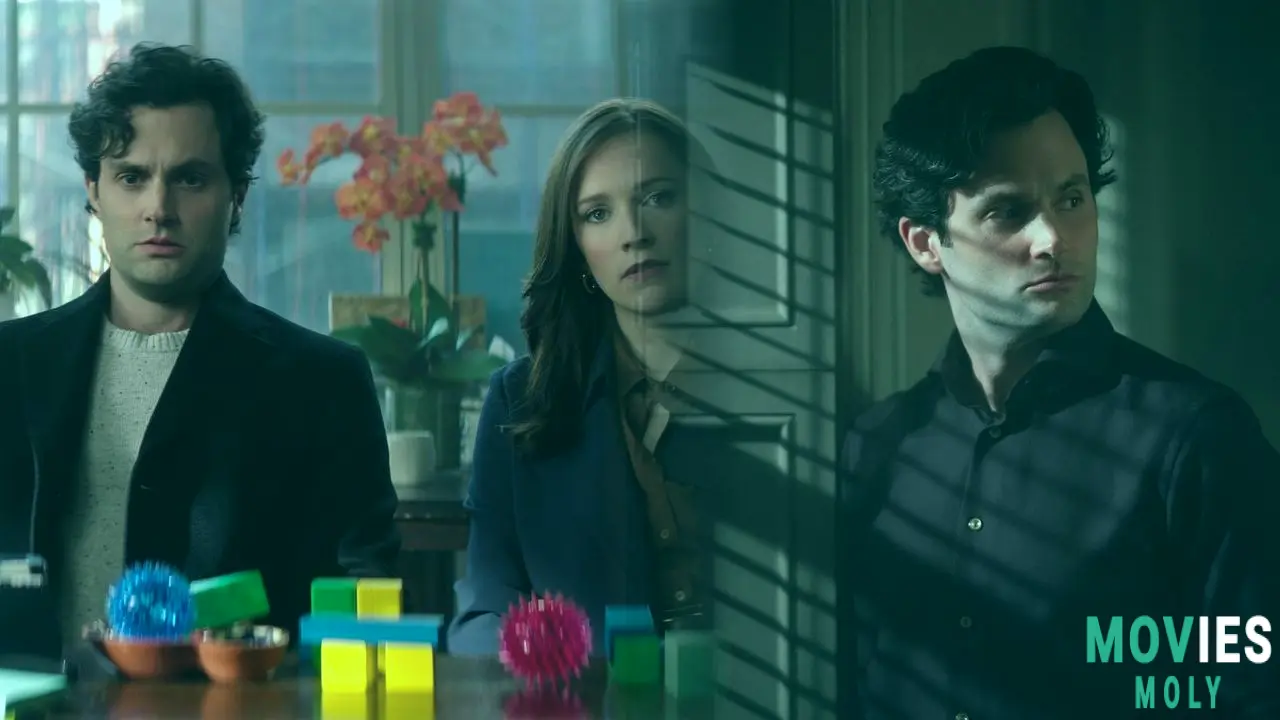
For a while, Season 5 toys with the idea of reclaiming its satirical edge. Kate’s twin sisters, Reagan and Maddie (both played by Anna Camp), provide a chaotic energy that echoes earlier seasons’ playfulness. The elite is once again lampooned—this time not just for their wealth, but for their performative morality. Joe’s persona as a “good guy” who rids the world of “assholes” cracks the veneer of heroism the show once allowed him to wear. It’s a familiar critique, but one that lands differently now that we’ve seen it repeated across five seasons.
Still, the momentum wanes. The plot spirals into familiar terrain—betrayals, hidden pasts, and a descent into the basement kill cage that feels more like a narrative requirement than an organic return. The show manages to cram in multiple callbacks to previous storylines, not all of them earned. It’s a nostalgic echo chamber that reminds viewers of how far the series has drifted from the sharp one-season concept it once was.
Joe’s final comeuppance is symbolic—but heavy-handed
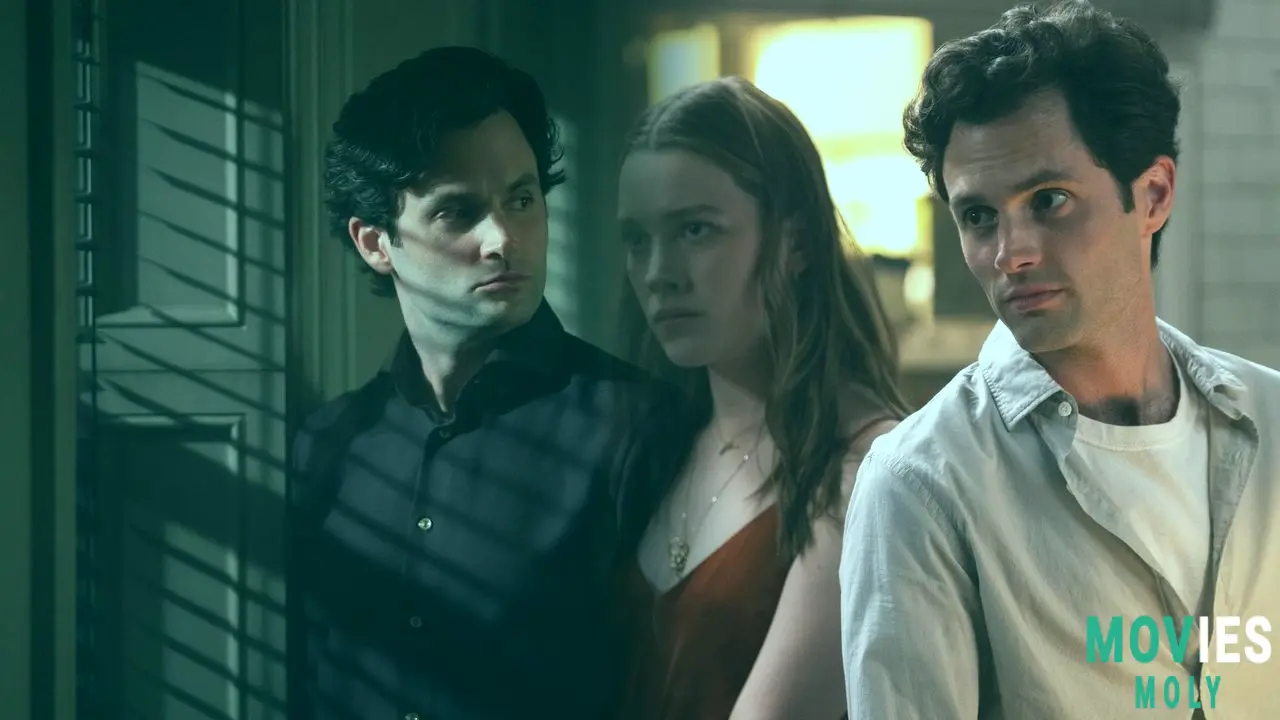
The climax delivers what some fans may have wanted, and others may have found too on-the-nose: Joe is emasculated, both literally and figuratively, in a public trial that turns into a spectacle of moral reckoning. Brontë, who once sought to expose him, becomes the instrument of his ultimate punishment. It's a twist that flips the script but does so with the subtlety of a sledgehammer. The fact that Joe’s sexual potency becomes shorthand for his moral failings—itself a problematic metaphor—underscores the season’s struggle to balance message with nuance.
Still, there’s power in the image of Joe abandoned inside a prison cell, stripped of the tools he used to manipulate and dominate. It’s a final inversion of the fantasy he sold throughout the series: that control equals love, and that desire justifies domination. Now, stripped of agency, he’s left only with his words—and the knowledge that they may never free him again.
The final monologue undercuts five seasons of thematic complexity
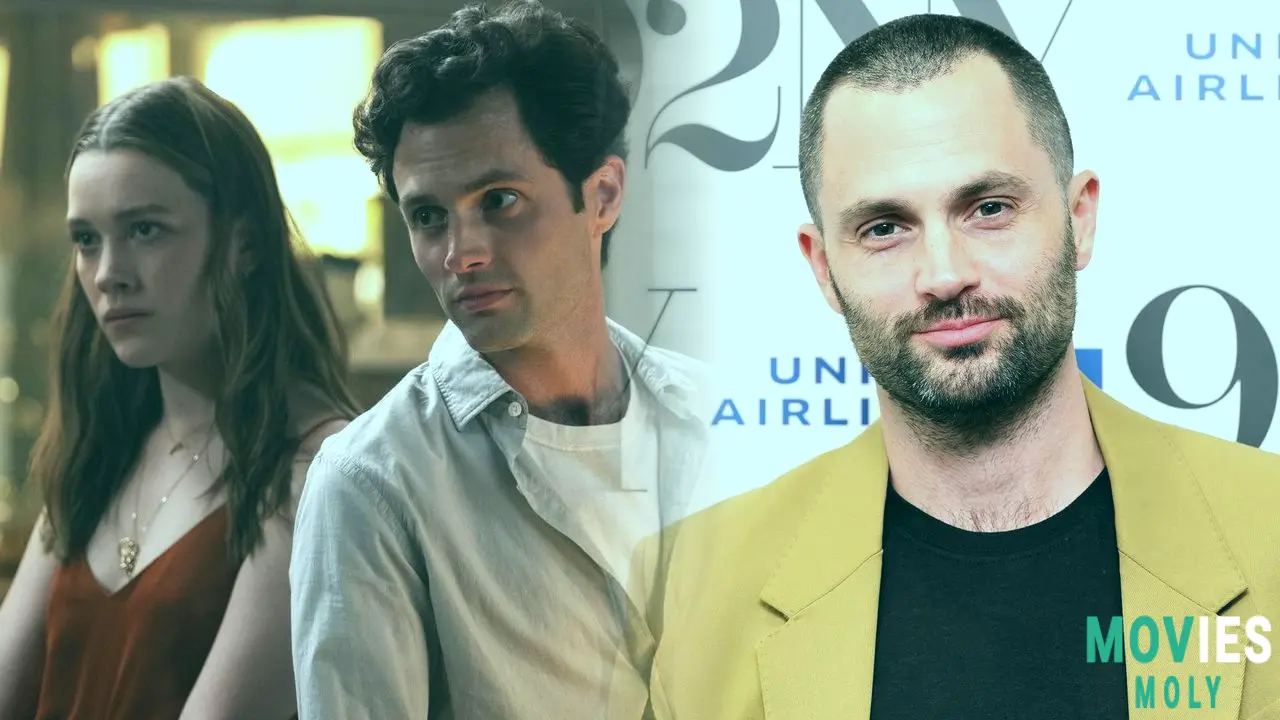
The series ends with Joe reading a fan letter from his cage, delivering one last voiceover that doubles as a thesis and a shrug: “Maybe the problem isn’t me. Maybe it’s you.” It’s a line so on-the-nose that it risks collapsing into irony itself. But beneath the clumsiness is a kernel of truth. For five seasons, You danced around the uncomfortable reality that its audience often co-opted Joe's violence as a form of fantasy. This closing moment calls that out—not smartly, but unmistakably.
Critics like TIME’s Judy Berman have noted how the show seems to speak directly to its most problematic fans in these final episodes, while conceding that it once clevery rosemaleded through societal strata and genre conventions. Now, it’s left with a final message that feels more like a corrective than a conclusion. But maybe that’s fitting for a show that spent so long skating on the edge of what it was willing to critique versus what it inadvertently celebrated.
Penn Badgley’s performance remains the show’s unshakable core
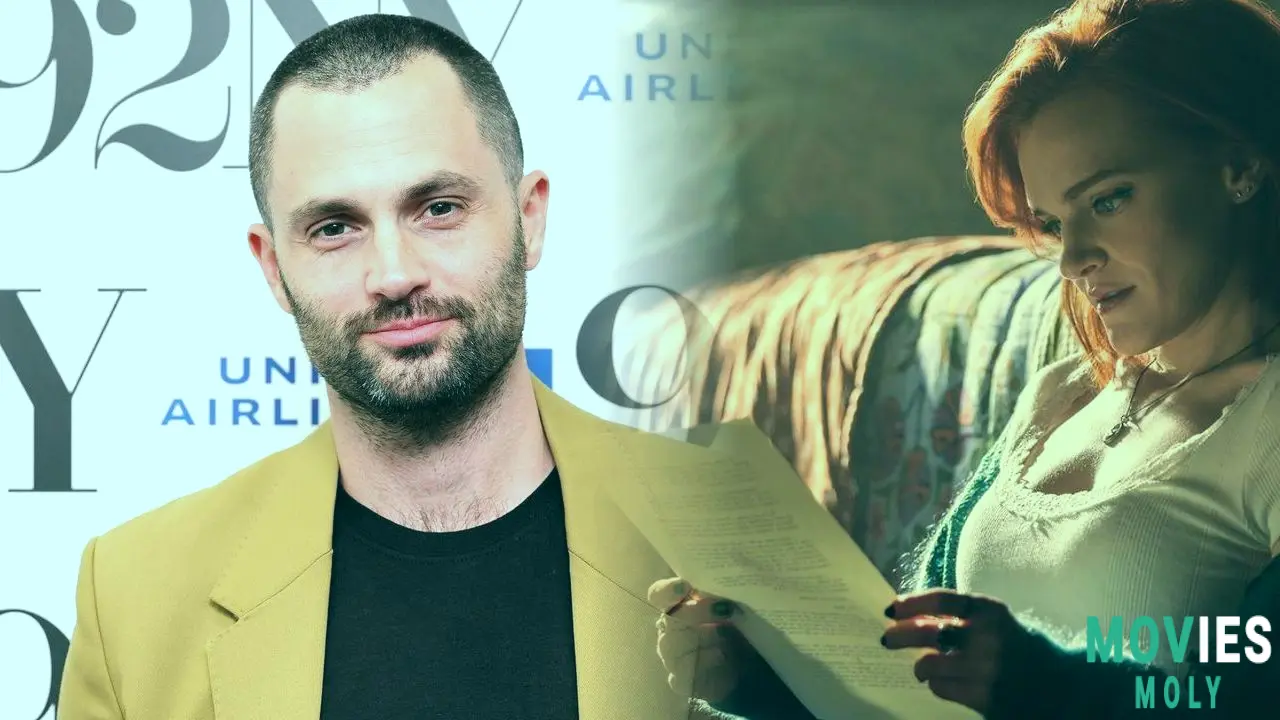
Amid the narrative turmoil, Badgley’s performance remains tethered and nuanced. As he told PEOPLE in an exclusive interview, playing Joe throughout his 30s was a "profound experience." He grew up with the character and, in a way, outgrew him. Badgley doesn’t just play a killer—he plays a cultural mirror reflecting our own misunderstandings about love, control, and masculinity. His final scenes aren’t about redemption or revenge; they’re about relevance. And for seven years, he made Joe Goldberg relevant in a way few actors have with such morally fraught roles.
Final thoughts: You Cast Season 5 is a imperfect but potent end to a controversial journey
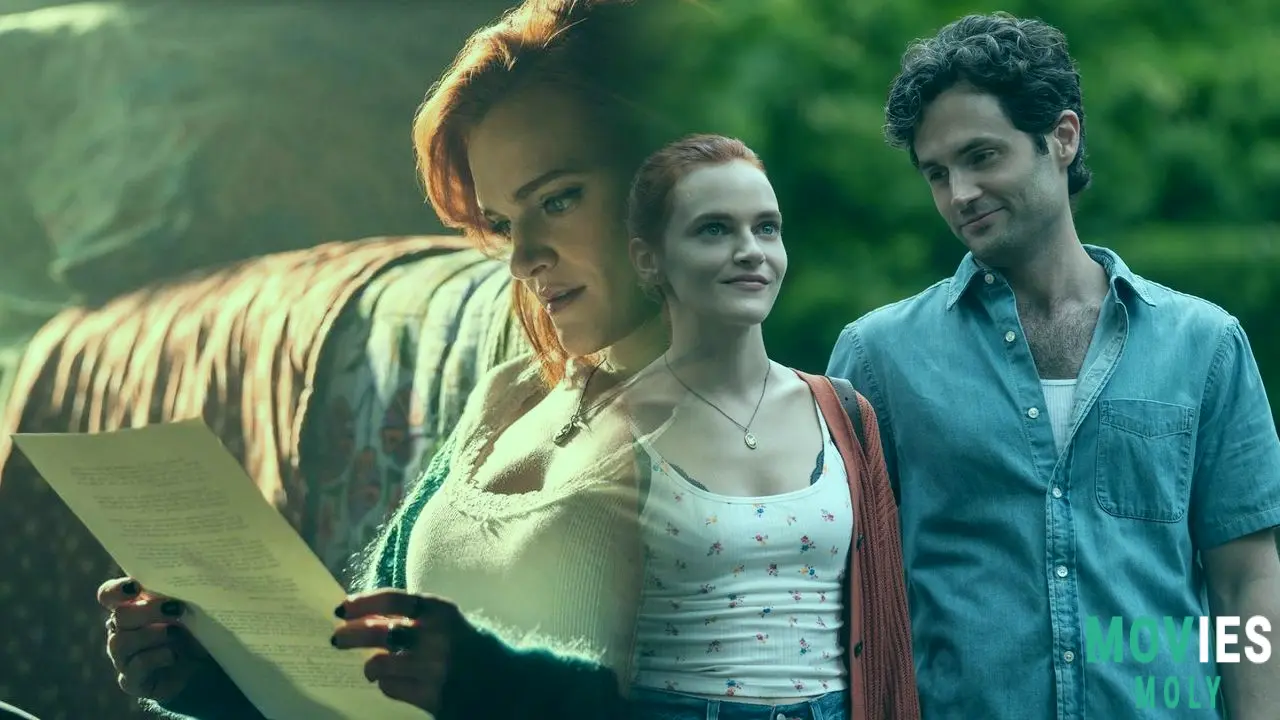
You Season 5 may not stick the landing for everyone, and its final salvo may feel more like a lecture than a liberation. But it’s hard to deny the ambition beneath the surface. The show that once turned a creepy bookstore clerk into a cult hero now asks—albeit clumsily—what that says about us. In its last twist, You doesn't just expose Joe; it exposes the audience that emotionally tracked with him. That’s a bold move for a series that often played it safe by repeating its own formulas.
Whether you finished the ride with a sense of closure or cringed at the last monologue, one thing’s clear: You gave us five seasons to think about what we mistake for love, desire, and heroism. And in the end, that's a kind of victory—flawed, but powerful all the same.

